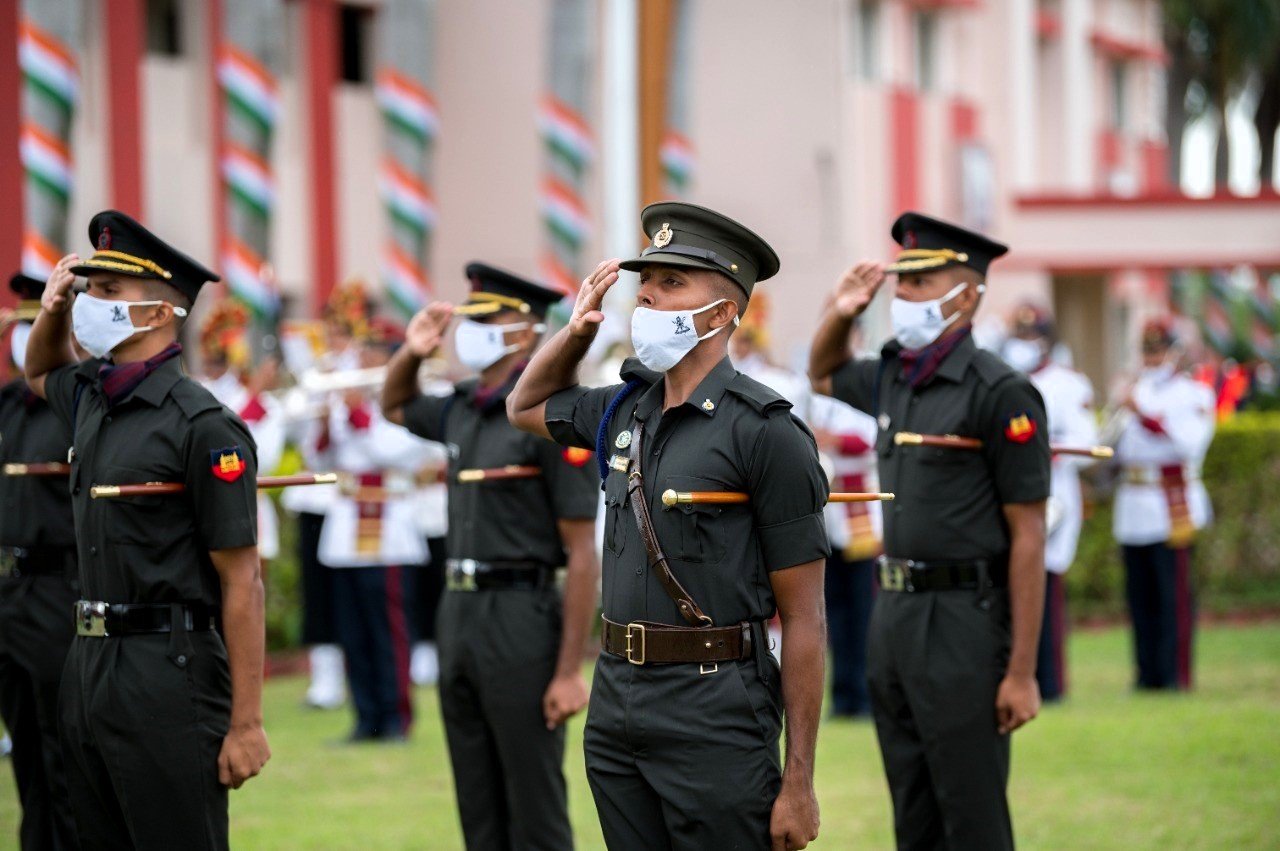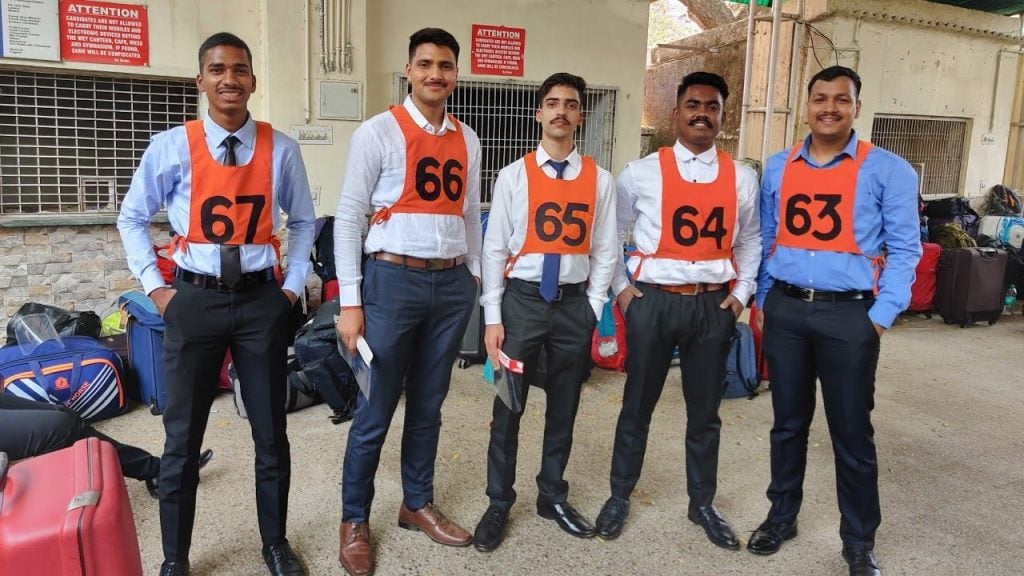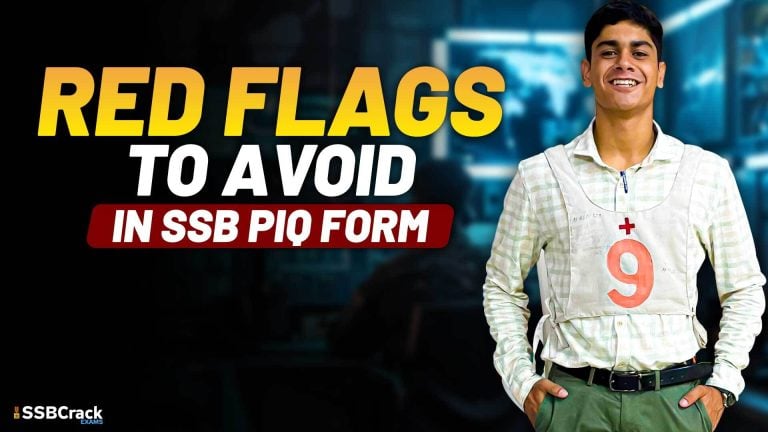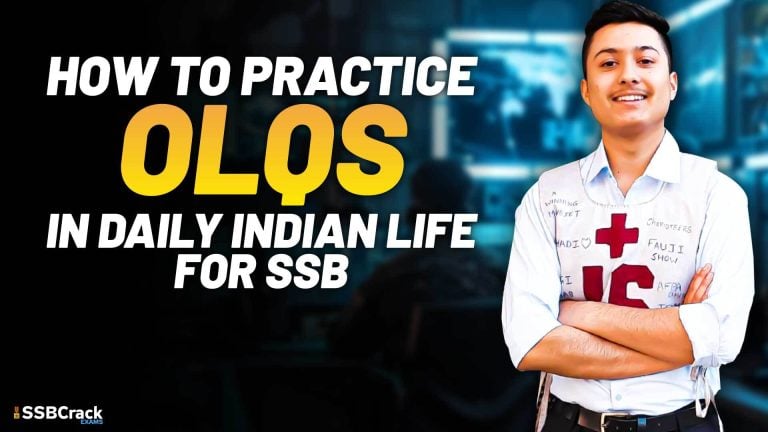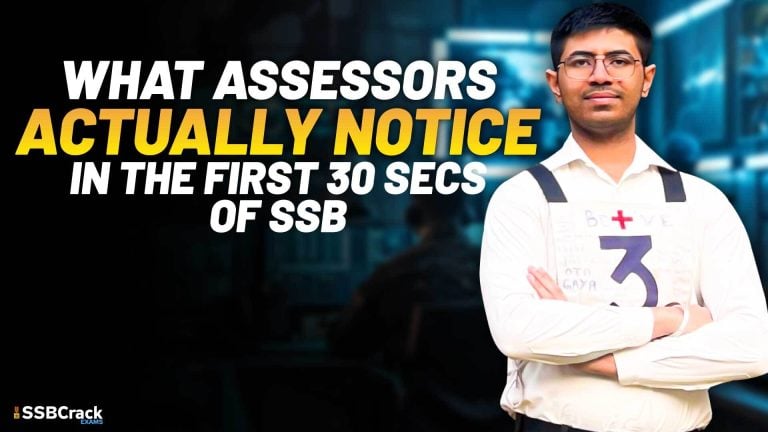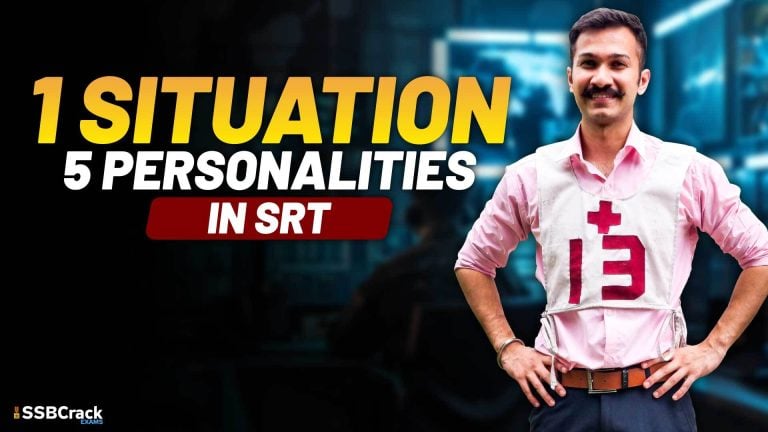Navigating the Group Discussion (GD) and Picture Perception and Discussion Test (PPDT) can often feel like trying to find order in a bustling fish market. Candidates frequently find themselves in a scenario where multiple voices are vying for attention, leading to confusion and chaos. This article aims to provide comprehensive strategies to manage this situation effectively, ensuring that you stand out positively during your assessment.
The term “fish market” in the context of PPDT refers to the overwhelming noise and simultaneous conversations that often occur during group discussions. This scenario can be attributed to several factors, including:
Also Read | Why Indian Armed Forces Have Different Salutes
1. The Leaderless Environment
One of the main reasons for the chaotic atmosphere is the absence of a designated leader. In many group tasks, particularly in the SSB (Services Selection Board) assessments, there is no clear leader assigned. This lack of structure can lead to:
- Increased Anxiety: With a rejection rate of nearly 60%, candidates often feel pressured to speak up, leading to a cacophony of voices.
- Competitive Behavior: Candidates may resort to shouting or interrupting others to ensure their opinions are heard.
Poor Guidance and Preparation
Many candidates enter these discussions with inadequate preparation or misguided advice. Some coaching institutes emphasize the need to dominate discussions, which can exacerbate the chaos. The result is often a mix of loud and assertive voices drowning out those who are quieter and more thoughtful.
2. The Impact of Group Dynamics
Understanding group dynamics is crucial for navigating the fish market scenario effectively. The behavior of individuals within the group can significantly influence the discussion’s outcome.
Dominant vs. Reserved Personalities
- Dominant Candidates: Those who are loud and assertive may initially seem to have an advantage. However, their behavior can be perceived as selfish and uncooperative, potentially leading to negative assessments.
- Reserved Candidates: On the other hand, those who are shy may struggle to contribute, leading to missed opportunities to showcase their abilities.
The Importance of Balance
A successful discussion requires a balance between assertiveness and cooperation. Candidates must find a way to express their views confidently while also encouraging others to participate. This balance is essential for demonstrating leadership qualities.
Also Read | 9 Facts You Didn’t Know About the Rashtriya Rifles
3. Strategies for Managing the Chaos
To effectively handle the fish market situation during PPDT, consider implementing the following strategies:
1. Active Listening
While it may be tempting to jump into the conversation, taking a moment to listen can provide valuable insights. Pay attention to:
- Common Themes: Identify recurring ideas or points made by other candidates.
- Consensus Building: Note where there is agreement among group members, which can help in crafting a cohesive group story.
2. Be Prepared to Contribute
After actively listening, be ready to make your contribution. When the opportunity arises:
- Speak Up Confidently: As soon as the last person finishes, assertively share your thoughts. For example, “I noticed that candidates with chest numbers X, Y, and Z had similar stories, which I believe we can build upon.”
- Pause for Reactions: Allow a moment for others to respond, demonstrating your openness to collaboration.
3. Manage the Discussion Flow
When chaos ensues, take the initiative to guide the conversation:
- Encourage Order: Politely urge candidates to speak one at a time. Use phrases like, “Let’s give everyone a chance to share their thoughts.”
- Avoid Naming Individuals: Instead of singling someone out, address the group collectively to maintain a positive atmosphere.
4. Articulate Your Logic
When presenting your ideas, clearly articulate your reasoning:
- Explain Your Perspective: Share why you believe a particular story resonates with the group. This showcases your analytical skills and ability to reason logically.
- Incorporate Others’ Ideas: If another candidate’s point aligns with yours, acknowledge it and suggest integrating it into the group story.
5. Adapt and Collaborate
Flexibility is key in group discussions. Be willing to adjust your views based on the group’s input:
- Demonstrate Open-Mindedness: Accept valid points from others, showing that you value collaboration over competition.
- Build Consensus: Strive to create a unified story that incorporates various perspectives, reflecting your leadership potential.
4. The Role of Non-Verbal Communication
Effective communication extends beyond spoken words. Non-verbal cues play a significant role in conveying confidence and engagement.
Body Language
- Maintain Eye Contact: This shows that you are actively listening and engaged in the discussion.
- Use Open Gestures: Avoid crossing your arms or appearing closed off; instead, use gestures that invite collaboration.
Tone of Voice
- Modulate Your Voice: Speak clearly and at a moderate volume. Avoid shouting, as it can be perceived negatively.
- Express Enthusiasm: A positive tone can encourage others to engage and collaborate.
5. Practicing for Success
Preparation is key to navigating the fish market chaos effectively. Consider the following methods:
Mock Discussions
Participate in practice sessions with peers to simulate the group discussion environment. Focus on:
- Role-Playing: Take turns leading discussions to develop confidence and adaptability.
- Feedback Sessions: After each practice round, provide constructive feedback to each other to improve.
Self-Reflection
After each practice discussion, reflect on your performance:
- Identify Strengths and Weaknesses: What went well? What could be improved?
- Set Goals: Establish specific objectives for future discussions, such as improving your active listening skills or contributing more effectively.
Also Read | Top 5 Defence Exams in India You Should Know About
Conclusion
Handling the fish market-like situation during PPDT requires a blend of active listening, assertiveness, and adaptability. By employing these strategies, candidates can navigate the chaos effectively, showcasing their leadership potential and collaborative spirit. Remember, the goal is not just to be heard, but to foster a productive discussion that highlights the strengths of the entire group.
FAQs
Q1: What should I do if I feel overwhelmed in a group discussion?
Take a deep breath and focus on active listening. Identify common themes among others’ contributions before speaking up confidently.
Q2: How can I ensure my voice is heard without dominating the conversation?
Use assertive yet polite language to express your ideas and encourage others to share their thoughts. Aim for a balance between speaking and listening.
Q3: What if my ideas differ significantly from the group?
Present your perspective respectfully and provide reasoning for your viewpoint. Be open to feedback and willing to adapt your ideas if necessary.
Q4: How important is body language during group discussions?
Very important! Positive body language, such as maintaining eye contact and using open gestures, can enhance your communication and engagement with others.
Q5: Should I practice group discussions alone or with others?
Practicing with others is highly beneficial as it simulates the real experience. However, self-reflection after practice sessions can also help you identify areas for improvement.
